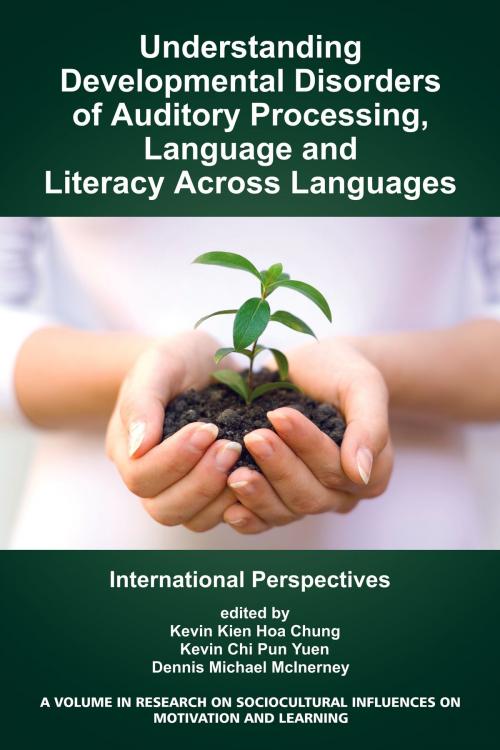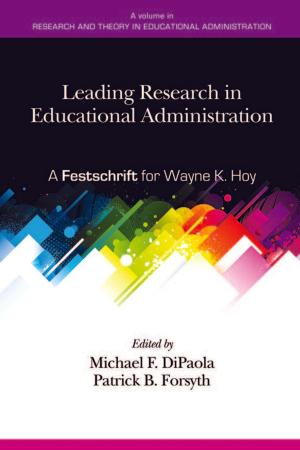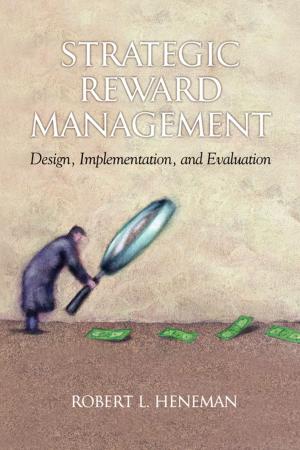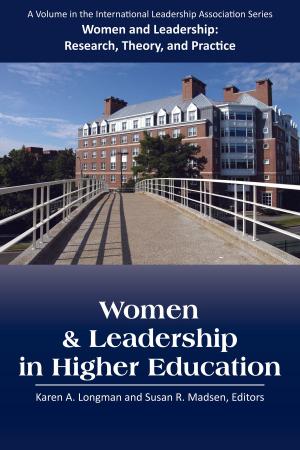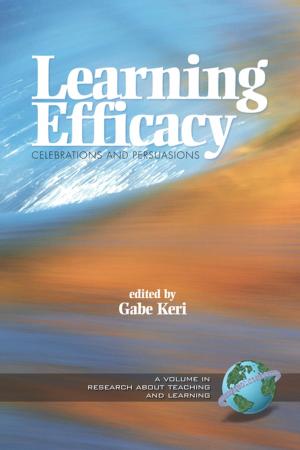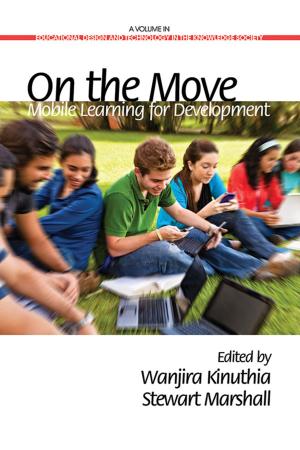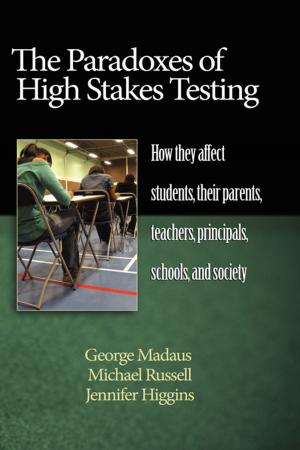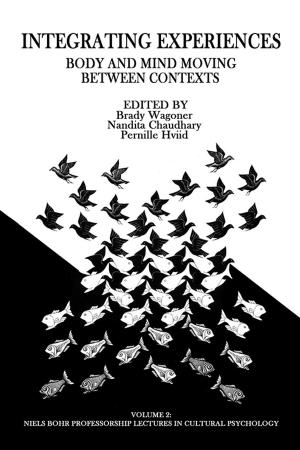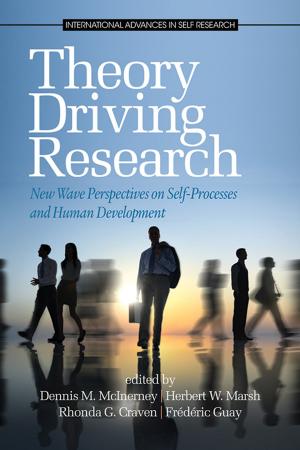Understanding Developmental Disorders of Auditory Processing, Language and Literacy Across Languages
International Perspectives
Nonfiction, Reference & Language, Education & Teaching, Special Education, Socially Handicapped, Learning Disabled| Author: | ISBN: | 9781623966669 | |
| Publisher: | Information Age Publishing | Publication: | June 1, 2014 |
| Imprint: | Information Age Publishing | Language: | English |
| Author: | |
| ISBN: | 9781623966669 |
| Publisher: | Information Age Publishing |
| Publication: | June 1, 2014 |
| Imprint: | Information Age Publishing |
| Language: | English |
Understanding Developmental Disorders of Auditory Processing, Language and Literacy Across Languages Auditory processing disorders, reading and writing disorders, language disorders, and other related disorders these disorders seem distinct among one another from historical and professional practice perspectives but more and more research suggests that they in fact overlap in many ways including clinical presentations, suspected underlying causes, diagnostic criteria, and re/habilitation strategies. On January 47, 2012, the conference Global Conference on Disorders in Auditory Processing, Literacy, Language & Related Sciences (APLL 2012) was held in The Hong Kong Institute of Education. This was the world’s first platform for interdisciplinary discussions and collaborations on ways we can better serve children who suffer from the above closely related disorders through future research. Due to the huge success of APLL2012, to promote continuous discussions of the conference theme, the conference organizing committee decided to invite scholars, scientists, and practitioners to contribute their work to the eleventh volume in the Research on Sociocultural Influences on Motivation and Learning research monograph series. This volume is focused on issues in typical and disordered developments in auditory processing, literacy, and language across different cultural and linguistic contexts in Asia, Europe and North America. The contributors of this volume offer insightful theoretical and practical ideas to shape future directions in research, assessment, intervention, and education. This is an intriguing and inspiring volume for students, researchers, and practitioners in the fields of speechlanguage pathology, audiology, developmental psychology, educational psychology, neuropsychology, and other related disciplines. By bringing in respective leaders in the fields, we hope that this book will open new windows to promote advancements in related research initiatives, continuing cross disciplinary discussions and collaborations on ways that we can better service individuals suffer from these closely related disorders through future research.
Understanding Developmental Disorders of Auditory Processing, Language and Literacy Across Languages Auditory processing disorders, reading and writing disorders, language disorders, and other related disorders these disorders seem distinct among one another from historical and professional practice perspectives but more and more research suggests that they in fact overlap in many ways including clinical presentations, suspected underlying causes, diagnostic criteria, and re/habilitation strategies. On January 47, 2012, the conference Global Conference on Disorders in Auditory Processing, Literacy, Language & Related Sciences (APLL 2012) was held in The Hong Kong Institute of Education. This was the world’s first platform for interdisciplinary discussions and collaborations on ways we can better serve children who suffer from the above closely related disorders through future research. Due to the huge success of APLL2012, to promote continuous discussions of the conference theme, the conference organizing committee decided to invite scholars, scientists, and practitioners to contribute their work to the eleventh volume in the Research on Sociocultural Influences on Motivation and Learning research monograph series. This volume is focused on issues in typical and disordered developments in auditory processing, literacy, and language across different cultural and linguistic contexts in Asia, Europe and North America. The contributors of this volume offer insightful theoretical and practical ideas to shape future directions in research, assessment, intervention, and education. This is an intriguing and inspiring volume for students, researchers, and practitioners in the fields of speechlanguage pathology, audiology, developmental psychology, educational psychology, neuropsychology, and other related disciplines. By bringing in respective leaders in the fields, we hope that this book will open new windows to promote advancements in related research initiatives, continuing cross disciplinary discussions and collaborations on ways that we can better service individuals suffer from these closely related disorders through future research.
